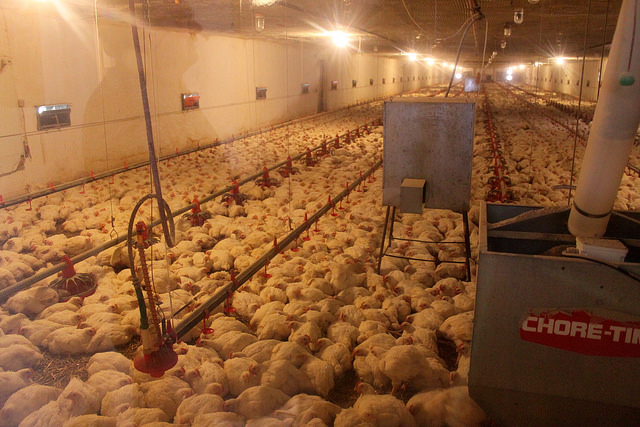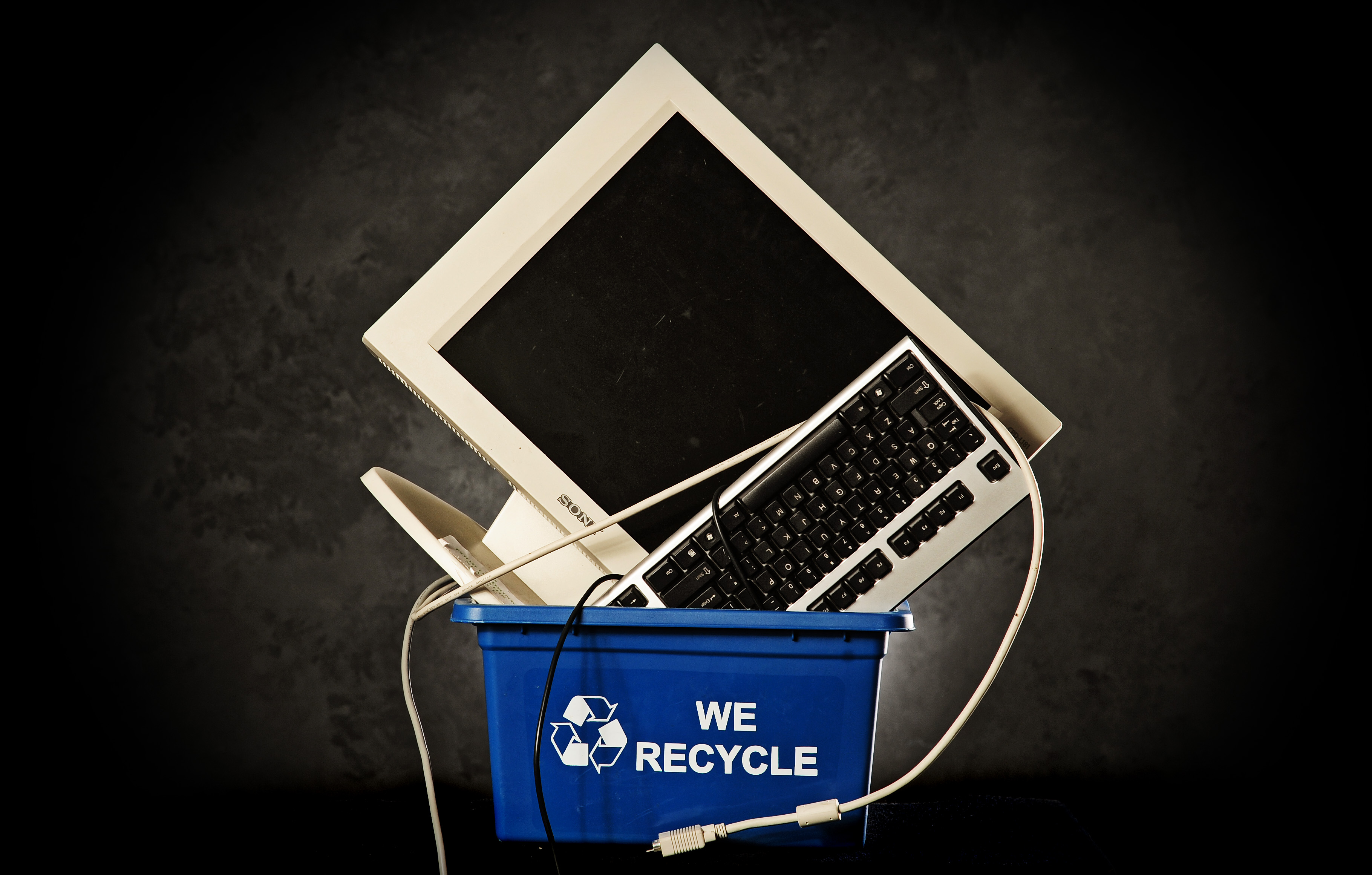22 November 2018, the global Helideck Monitoring System Market size is projected to reach USD 257.1 million by 2025. Growing need for digitalization of ships to gather weather forecasting and real-time data required during pre-flight planning is expected to drive market over the forecast period. In addition, government initiatives and increased spending on shipbuilding by manufacturers is expected to create potential opportunity for system manufacturers and components suppliers. Helideck monitoring systems are extensively used in offshore oil and gas rigs. Increasing offshore production and trade of oil and gas is expected to promote their adoption. Complete, timely, and accurate meteorological observations to support efficient and safe helicopter operations will also spur growth in the market.

Hardware systems dominated the market in 2017. Motion sensors, meteorological sensors, and weather sensors are replaced or repaired frequently, which adds to the demand for helideck monitoring systems.
Presence of large number of component suppliers is also expected to propel market growth over the forecast period. On the other hand, software segment is expected to grow steadily over the forecast period. In terms of end-use application, commercial deployments dominated helideck monitoring system market in 2017 and is expected to continue leading over the forecast period. Increasing offshore oil and gas exploration projects is expected to provide growth opportunity in near future.
Browse Details of Report @ https://www.hexaresearch.com/research-report/helideck-monitoring-system-market
Shortage of qualified professionals for system deployment presents a key challenge for market players. Development in the field of smart antenna, growing use of Micro-Electro-Mechanical Systems (MEMS) and rise in Wireless Sensor Networks (WSN) technology is expected to digitalize shipping industry. Always-on connectivity is anticipated to empower global shipping industry and drive the market for helideck monitoring systems over the forecast period. However, digitization of maritime sector raises concern related to cybersecurity.
Key players adopted product innovation and merger and acquisition strategies to expand their product portfolio and to gain competitive edge. For instance, in November 2017, RH Marine launched new generation monitoring and control system at Europort Rotterdam. In addition, in August 2013, Vaisala acquired Second Wind Systems Inc., a U.S. based company specialized in remote sensing and data services for wind energy. Manufacturers are offering technology solutions to other markets as well. For instance, RigStat provides helideck monitoring systems with pre-flight weather report capabilities and SE series NDB monitoring capability.
Global helideck monitoring system market is highly fragmented. Investments in shipbuilding and increasing offshore oil and gas exploration projects are expected to create positive outlook in near future. Some of the key players operating in the market are ABB, RH Marine, Kongsberg Gruppen, Fugro, Vaisala, Miros AS, ASB Systems Private Limited, Observator Instruments, ShoreConnection International AS, RigStat LP, Monitor Systems Scotland Ltd, and AWA Marine.
Hexa Research has segmented the helideck monitoring system market report based on system, application and region:-
Segmentation by System
• Hardware
• Software
Segmentation by Application
• Commercial
• Defense
Segmentation by Region
• North America
• Europe
• Asia Pacific
• Rest of the World
Key Players Analyzed
• ABB
• RH Marine
• Kongsberg Gruppen
• Fugro
• Vaisala
Browse Related Category Market Reports @ https://www.hexaresearch.com/research-category/semiconductors-and-electronics-industry

 Log in with Facebook
Log in with Facebook 


 Significant lead emissions are reported annually, ranging from 5 kg to 12,250 kg. Excessive emissions can act as a threat to the recycling market. For instance, in 2015, the Exide technologies plant in Verona was shut down by the government owing to excessive pollution and contamination of the neighborhood, exposing the surroundings with toxic and harmful substances. It contributed to 3,400 pounds of lead emitted, causing air pollution and soil contamination.
Significant lead emissions are reported annually, ranging from 5 kg to 12,250 kg. Excessive emissions can act as a threat to the recycling market. For instance, in 2015, the Exide technologies plant in Verona was shut down by the government owing to excessive pollution and contamination of the neighborhood, exposing the surroundings with toxic and harmful substances. It contributed to 3,400 pounds of lead emitted, causing air pollution and soil contamination.





